 |
| Democracy Dies in Darkness |
|
|
|
|
|
| Keeping up with politics is easy now |
|
|
|
He can't be charged with obstructing justice (or so his lawyers argue). He can't sit down for an interview with the special counsel (or so his lawyers argue) and President Trump can pardon himself if he gets charged with a crime in the Russia investigation (or so Trump himself argues).
Trump and his allies allies have floated all those defenses recently as he battles the special counsel investigation into whether his campaign helped Russia meddle in the 2016 election.
|
Robert S. Mueller III and Trump. (Saul Loeb and Brendan Smialowski/AFP)
Their defenses all have something in common: They assume something bad will happen to the president as Robert S. Mueller III digs deeper.
There are two very different reasons Trump and his team might be assuming as much:
|
1. Trump and his allies genuinely think the investigation is out to get him no matter what. This theory requires belief that several government institutions are in on the conspiracy, including the executive (the Justice Department) and the judiciary (specifically a secret federal court that approved warrants to spy on a former Trump campaign aide).
But despite the far-fetched nature of this argument, it's one Trump publicly appears to buy into.
|
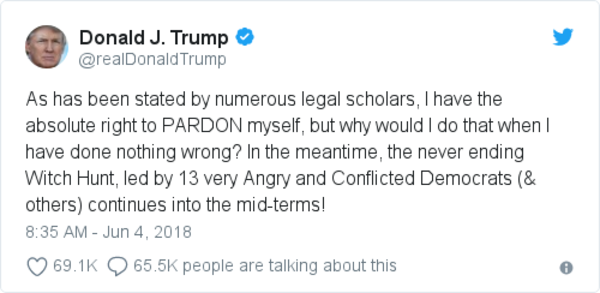 |
2. The other theory for all this legal dodging of the Mueller investigation is that Trump has something to hide. Trump has refused to let the investigation take place unimpeded.
He's considered firing Mueller, insisted he has total control over all federal investigations, holds a grudge against his attorney general for stepping aside from Russia matters, and his newest lead lawyer just admitted Trump might not tell the truth to Mueller in an interview.
“Trump keeps saying he's innocent,” wrote The Post's White House chief correspondent, Philip Rucker, recently. “So why does he keep sounding like he's guilty?” |
Debate: Should a baker be able to say 'no' to making a gay couple's wedding cake?
|
Masterpiece Cakeshop owner Jack Phillips won a big legal battle Monday. But for his specific situation only. (Brennan Linsley/AP)
Yes — at least in this one case, the Supreme Court said.
The court announced its 7 to 2 decision Monday that the state of Colorado had been hostile to baker Jack Phillips's faith when they ordered him to bake a cake for the wedding of two men.
This battle is best framed as a case of two groups who feel marginalized in the public sphere.
It's legal in more than half of the United States for businesses to refuse services to people because they are gay.
But the Supreme Court argued that Colorado baker Jack Phillips also got denigrated by Colorado authorities for what he believes in.
Justice Anthony M. Kennedy wrote that Colorado commissioners made it sound as if “religious beliefs and persons are less than fully welcome in Colorado’s business community.”
|
Five things to watch in Tuesday's primary day
|
Analysis | Why Tuesday is the biggest primary day of 2018 so far View Graphic Analysis | Why Tuesday is the biggest primary day of 2018 so far
Tuesday is one of the busiest primary days of the year so far, and it could be the most pivotal. Eight states from New Jersey to California are holding primaries, and what happens Tuesday could decide which party controls the House of Representatives next year.
Here are five things to watch for. I go into more detail in the interactive above:
|
1. What are the chances Republicans lose the House? The House majority won't be decided Tuesday, but Democrats can go a long way to unseating Republicans by nominating strong candidates in races in California, Iowa, New Jersey and New Mexico.
|
2. Will the Democratic Party be a victim of its own enthusiasm in California? There's a chance Democrats, with so many candidates in three competitive House races in California, lock themselves out of the general election. California sends the top two vote-getters to the general election regardless of party.
|
3. How much do Democratic voters care about anti-Trump cred? Sen. Dianne Feinstein (D-Calif.) has preached patience with Trump, and she is facing a primary challenger who has said Trump doesn't have a soul.
|
Sen. Dianne Feinstein (D-Calif.) campaigns at a Planned Parenthood event over Memorial Day weekend. (Rich Pedroncelli/AP)
4. How much do conservative voters care about pro-Trump creds? One of the most conservative members of Congress, Alabama Rep. Martha Roby, could be forced into a runoff after saying she wouldn't vote for Trump in 2016.
|
5. Can Democrats count on Hispanic voters to take back the House? Watch how Democrats turn out for a dynamic Democratic candidate in a pro-Trump congressional district in New Mexico.
|
One last thing: On Long Island and Queens
Sharp-eyed readers (most of whom I'm guessing also happen to be New Yorkers) caught this line in Friday's newsletter. It's from The Post's Fact Checking team calling out Trump on where he grew up: “For some reason, Trump even said he 'grew up' on Long Island. He didn’t. He’s from Queens.”
Some of y'all took issue with that fact check because Queens is technically part of Long Island. Here's what Fact Checker Salvador Rizzo says in response: “In our database, we do acknowledge the shared-land-mass situation. But it's not really common for people from Queens to say they're from Long Island.”
Thanks, as always, for reading!
|
| Analysis |
|
| |  |
|
| Analysis |
|
| | 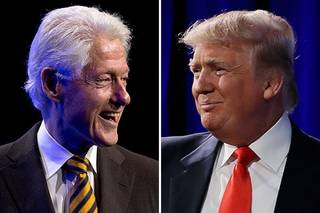 |
|
| Analysis |
|
| | 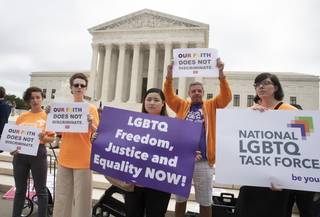 |
|
| Analysis |
|
| |  |
|
| Analysis |
|
| |  |
|
| Analysis |
|
| | 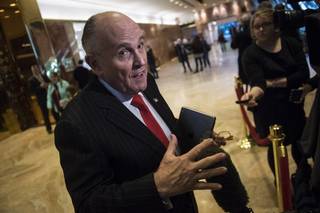 |
|


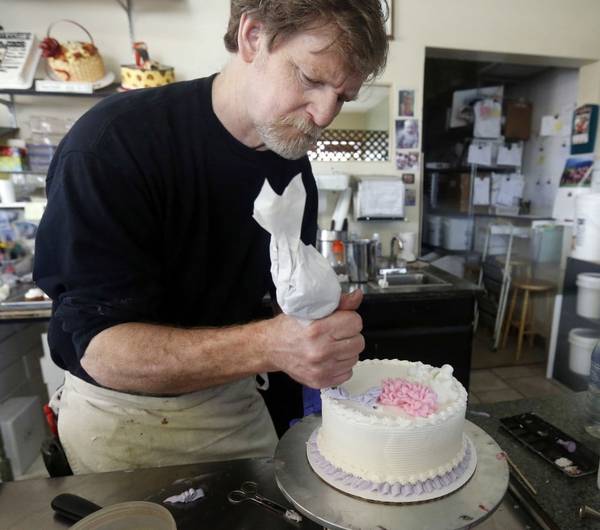

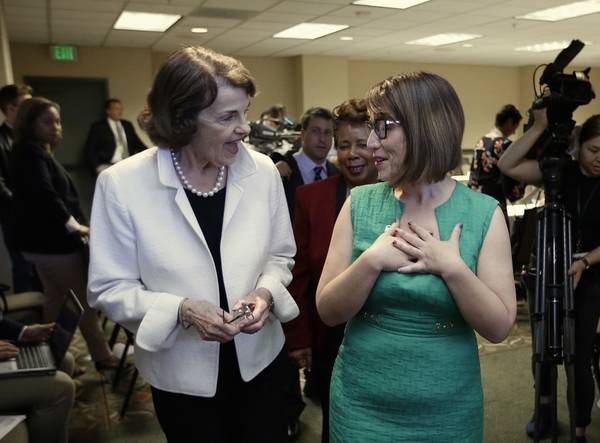








Comments
Post a Comment